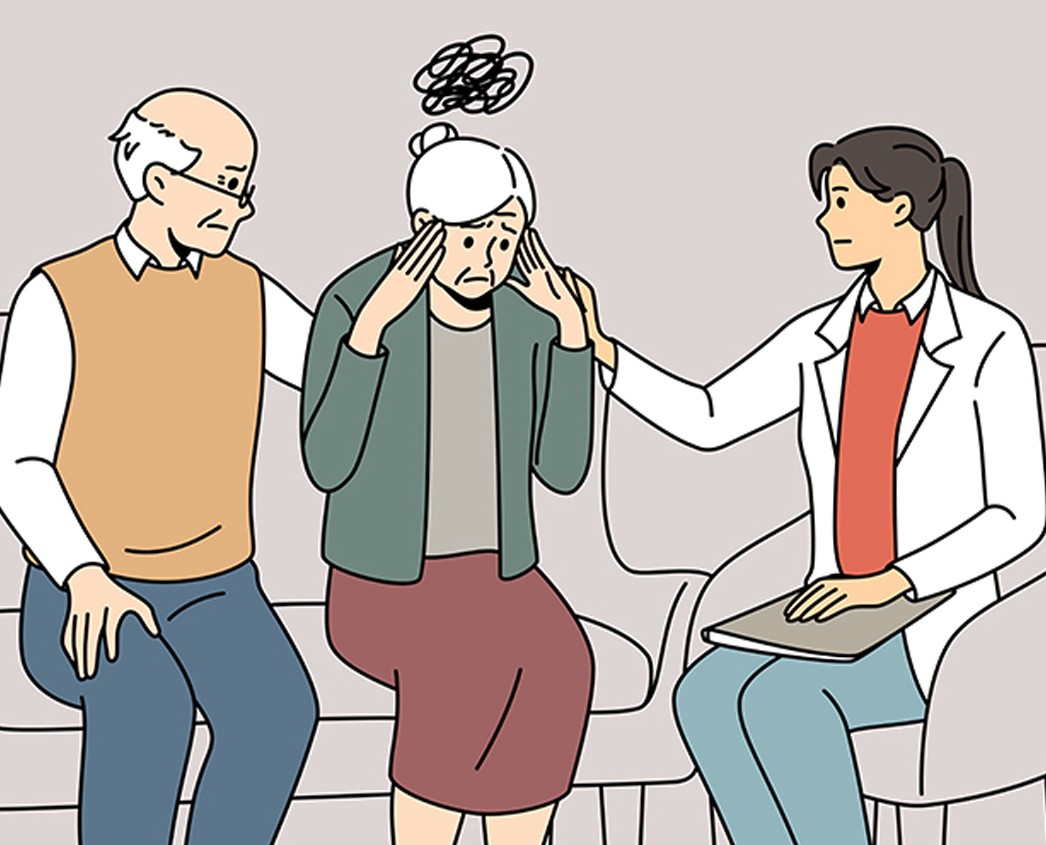Unraveling Agitation: A Comprehensive Exploration from Traditional Chinese Medicine to Conventional Medicine
Introduction:
Agitation, a state of heightened restlessness and nervousness, can significantly impact an individual's well-being. This article aims to delve into the understanding of agitation from both Traditional Chinese Medicine (TCM) and conventional medicine perspectives. We will explore the causes, syndromes, and classifications, offering insights into natural health approaches and TCM solutions, including the use of herbs known for their calming properties.
Agitation in Traditional Chinese Medicine (TCM):Causes in TCM:
In TCM, agitation is often linked to imbalances in the body's vital energy, particularly disruptions in the flow of Qi. Common causes include:
- Liver Qi Stagnation: Emotional stress and unresolved tension can lead to stagnation, manifesting as agitation.
- Heart and Spleen Disharmony: Imbalances in the heart and spleen meridians can contribute to restlessness and mental distress.
Syndromes or Classifications in TCM:
- Liver Qi Stagnation Syndrome: Characterized by irritability, mood swings, and a sense of being "wound up."
- Heart and Spleen Disharmony Syndrome: Reflects emotional imbalances affecting the mind and digestion.
TCM Solutions:
- Acupuncture: Targets specific points to regulate the flow of Qi and harmonize the mind.
- Herbal Formulations: Customized blends may include herbs to soothe the liver and nourish the heart and spleen.
Herbal Remedies in TCM:
- Bai Shao (White Peony Root): Calms the liver and alleviates irritability.
- Long Gu (Dragon Bone): Sedative properties to soothe the heart and calm the spirit.
Agitation in Conventional Medicine:Causes in Conventional Medicine:
- Psychiatric Conditions: Anxiety disorders, bipolar disorder, and attention-deficit/hyperactivity disorder (ADHD) can manifest as agitation.
- Medical Conditions: Certain medical conditions or medications may contribute to restlessness.
In Person With Heshoutang Natural Health Members
With Heshoutang Natural Health Online Members
Fill Out the Questionnaire by yourself
Syndromes or Classifications in Conventional Medicine:
- Generalized Anxiety Disorder (GAD): Persistent and excessive worry and restlessness.
- Manic Episode: A component of bipolar disorder characterized by elevated mood and increased energy.
Conventional Solutions:
- Psychotherapy: Cognitive-behavioral therapy (CBT) and other therapeutic approaches to address underlying psychological factors.
- Medications: Antidepressants, anxiolytics, or mood stabilizers may be prescribed based on the underlying cause.
Holistic and Natural Approaches:Lifestyle Recommendations:
- Mind-Body Practices: Yoga, meditation, and deep breathing exercises to promote relaxation.
- Balanced Diet: Nutrient-rich foods and hydration to support overall well-being.
TCM and Natural Health Synergy:
- Chamomile Tea: Known for its calming properties, promoting relaxation.
- Valerian Root: Herbal supplement with sedative effects, potentially beneficial for calming the mind.
Herbal Tea Recipe:
Chamomile and Lavender Tea:
- Ingredients: Dried chamomile flowers, dried lavender, honey (optional).
- Preparation: Steep chamomile and lavender in hot water for 10 minutes. Strain, add honey if desired, and enjoy.
Conclusion:
Managing agitation involves a comprehensive approach that integrates both TCM and conventional medicine perspectives. Natural health approaches, herbal remedies, and lifestyle modifications offer complementary strategies for alleviating symptoms. Individuals experiencing persistent or severe agitation should consult healthcare professionals from both TCM and conventional medicine to determine the most effective and personalized course of action for their well-being.
When you subscribe to the blog, we will send you an e-mail when there are new updates on the site so you wouldn't miss them.














Comments